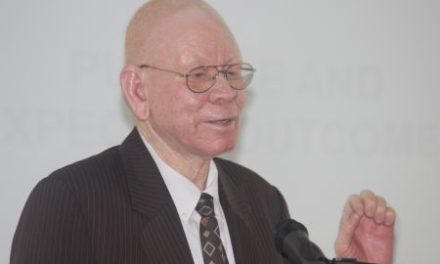
AfDB grant for SADC capacity
The African Development Bank Group last week approved a grant of US$7.5 million to finance the COMESA-EAC-SADC Tripartite Capacity Building Programme (TCBP).
The programme will provide technical assistance to the three regional Economic communities and the 26 Tripartite Regional Member-Countries with a view of increasing intra-Tripartite trade. It will enhance the Tripartite negotiation process, develop trade facilitation instruments and industrial cluster action plans in the Tripartite free trade area.
The African Development Bank said some of the expected outputs of the programme include installation of software for Non-Tariff Measures databases and enhancing capacity to manage sanitary and phytosanitary measures and technical barriers to trade (SPS/TBTs). It is also expected to improved capacity to negotiate market access and to strengthen capacity to effectively develop industrial clusters and value chains. Explaining the motive behind the substantial grant, the bank said the programme is to support intra-Tripartite trade growth to boost the economic welfare of over 587 million consumers in the 26 Tripartite countries through the removal of barriers to movement of goods and services, development of regional value chains, job creation and poverty alleviation thereby facilitating the realization of inclusive growth. The programme is also justified in view of the developmental approach to regional integration adopted by the 2nd Tripartite Summit held in 2012, which is anchored on the three pillars namely: market integration, infrastructure and industrial development. The infrastructure pillar of the Tripartite arrangement is being supported by other development partners as well as the Programme for Infrastructure Development in Africa (PIDA). This leaves a gap for provision of support under the other two pillars of market integration and industrial development – where the UK’s Department for International Development (DFID) has so far been providing administrative, technical and financial support.
The proposed interventions are anchored in the Bank’s Strategy 2013-2022 and will complement the implementation of the Regional Integration Strategy Papers for East and Southern Africa.









































